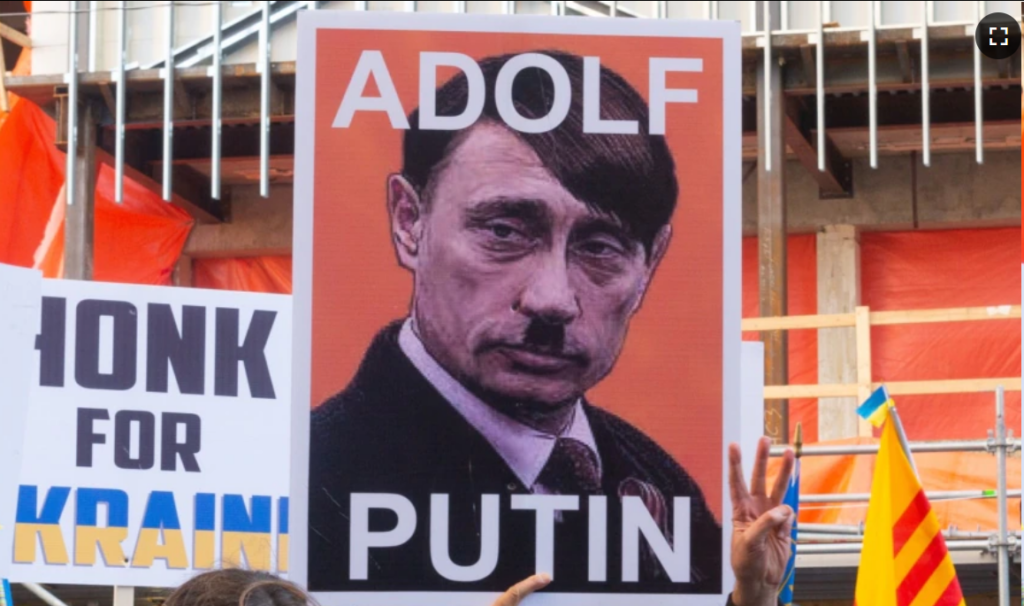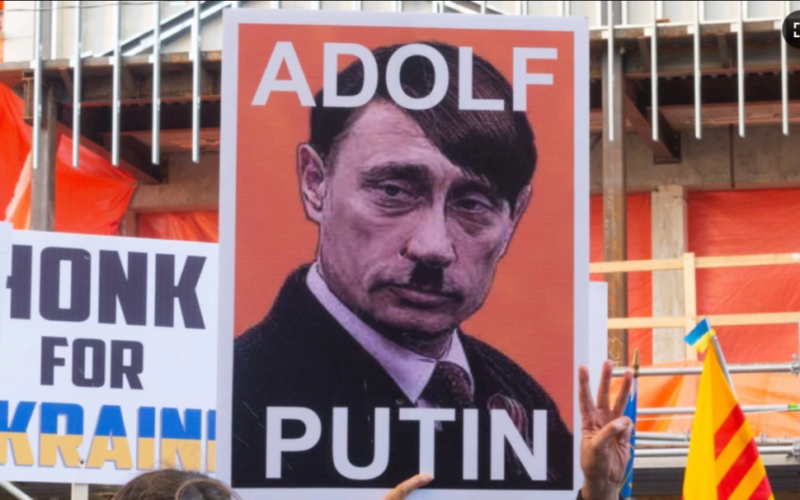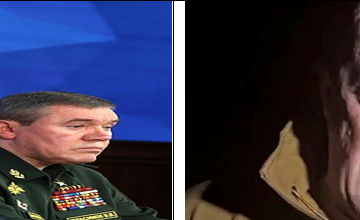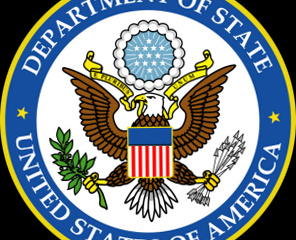
The international law approach relies on the gunman–a state-terorist , at present situation russia, comes to his senses, realize that costs have mounted up beyond his initial comprehension, and stop invasion. But until and unless the state-terorist comes to his senses, the international law approach leaves it is up to the victims of aggression being defend with all accessed at to save lives of own citizens.
The resilience of the world’s response to Russia’s war against Ukraine could strengthen the international legal order. This idea is a perhaps counterintuitive rebuttal to laments elsewhere in the media portraying russia’s war as evidence that the international order–legal or otherwise–is non-existent. It can become truth if the international response to putin’s actions is broad, robust, and sustained, then the modern legal order will not weaken.
Indeed, when we find out about the number of crimes committed by the russian occupiers against Ukrainians, a fair question arises: how many more victims should Ukraine pay to recognize Russia as a terrorist state.Ukrainian law enforcers have registered 35,828 crimes related to Russia’s full-scale invasion.In particular, prosecutors are investigating 24,208 crimes of aggression and war crimes, of which 23,316 were related to violations of the laws and customs of war, 73 – related to planning, preparing, launching and waging a war of aggression, 21 – war propaganda, and 798 other crimes. It is also noted that since the full-scale invasion of Ukraine, 11,620 Russian crimes against national security have been registered, of which: 8,074 – in relation to encroachment on the territorial integrity and inviolability of Ukraine, 1,373 – treason, 1,625 – collaborative activities, 99 – aiding and abetting the aggressor power, 64 – sabotage, and 385 other crimes.Western sanctions on Russia were intended to cripple the economy, isolate its most-powerful oligarchs and bring unbearable levels of domestic unrest to Moscow. But key issues are: can putin, generals, or other leaders be held accountable. It is much easier to pin a war crime on the soldier who commits it than on the leader who gave the order. But establishing the “chain of command” is very important for any future trials – including whether a leader authorised an atrocity – or turned a blind eye to it. The ICC can also prosecute the offence of “waging aggressive war”. This is the crime of an unjustified invasion or conflict, beyond justifiable military action in self-defence. It originated at Nuremberg, after the judge sent by Moscow convinced the Allies that Nazi leaders should face justice for “crimes against peace”.
In other words, if sanctions, denunciations, and other actions succeed in turning Russia into a pariah state, then its flagrant violations of international law will embody the exception to the international order, rather than the rule.
Applied to the present war, only when Putin and his Siloviki (Russia’s military industrial complex) face consequences of such magnitude, which forced them to seek persistently peace, we can say that international law is binding on them.




